
Brigadier General Nasih Mohammed Saber, chief of Kirkuk's defense police, told reporters that some 30 people were killed and 70 wounded by the blasts.
However, health officials told Xinhua that Kirkuk Hospital received 16 bodies and 52 injured people, while Azadi Hospital received some 35 wounded people, putting the total toll as 16 killed and 87 wounded.
The ethnically mix province of Kirkuk and its capital Kirkuk City are part of the disputed areas between the Kurds and both Arabs and Turkomans.
No one has so far claimed responsible for the deadly attacks, but observers see such attacks were managed by the insurgent groups, including al-Qaida militant group, to show that they are capable of carrying out coordinated and high-profile attacks that could undermine the government's claims of providing security to Iraqis.
Al-Qaida front in Iraq frequently claimed the responsible for most deadly attacks in the country, increasing fears that the terrorist group could return to widespread violence.
Violence and sporadic high-profile bomb attacks are still common in the Iraqi cities despite the dramatic decrease in violence since its peak in 2006 and 2007, when the country was engulfed in sectarian killings.

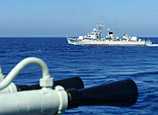
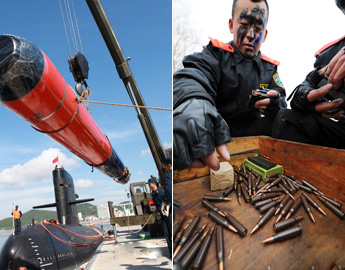
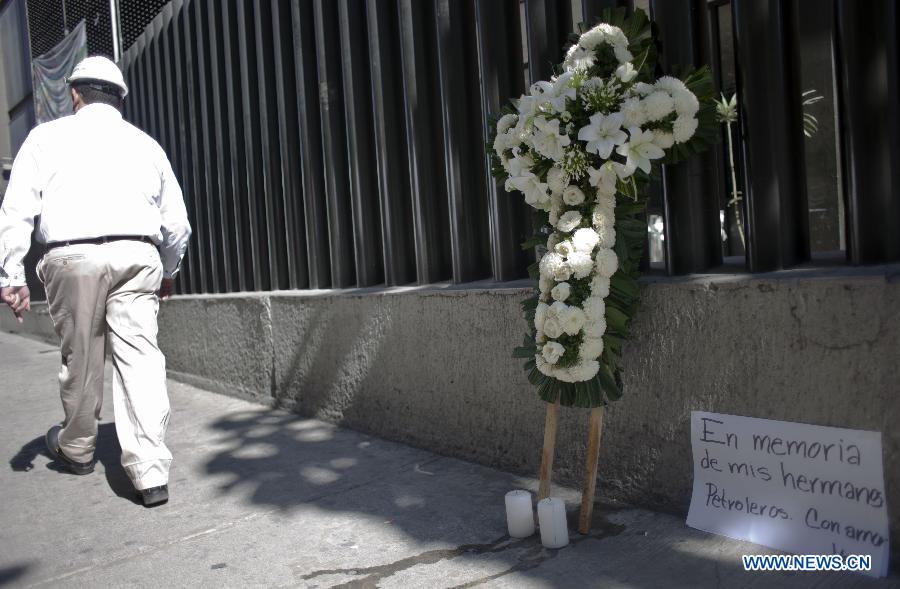
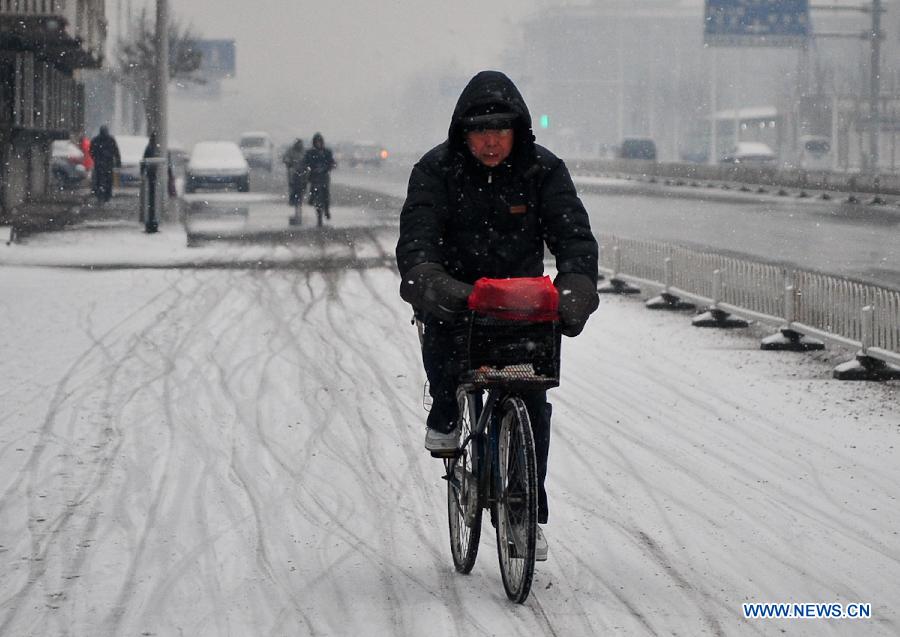

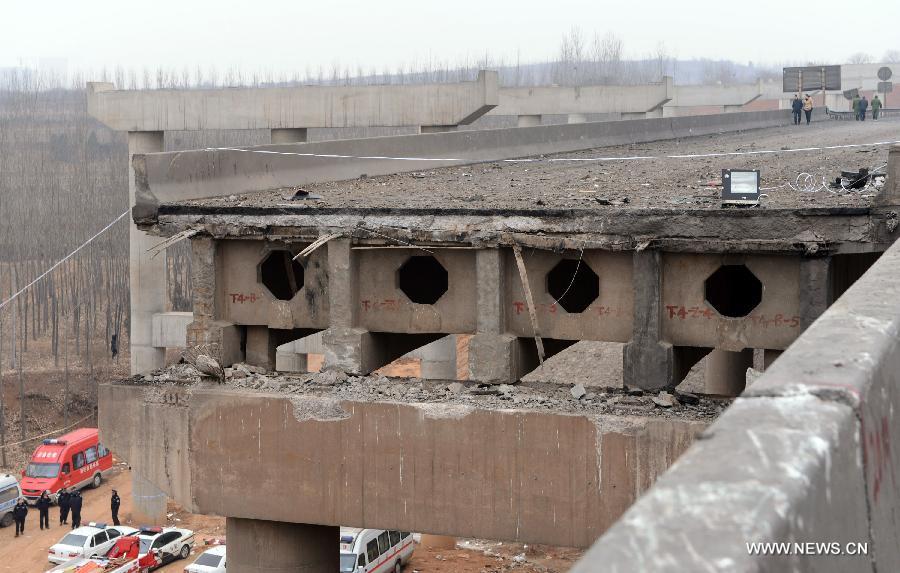










 China's weekly story (2013.01.27-01.31)
China's weekly story (2013.01.27-01.31)


![]()
